Zener cards are a set of 25 cards used to conduct experiments in extrasensory perception (ESP), a field of study in parapsychology. They were designed in the early 1930s by the perceptual psychologist Karl Zener and his colleague, the renowned parapsychologist J.B. Rhine, at Duke University. The purpose of Zener cards is to test a person's
psychic abilities, specifically their capacity for telepathy, clairvoyance, and precognition.
Zener cards have appeared in various forms of media, often depicted in television shows and films, most notably, the original 'Ghostbusters' movie. The cards' designs have become iconic symbols synonymous with the occult and supernatural.
The deck consists of five simple and distinct symbols, making them easily recognisable and unambiguous to avoid confusion during ESP tests. The symbols are a circle, a plus sign, three wavy lines, a square, and a star, with each symbol appearing on five cards in a deck.
While these symbols themselves do not inherently represent specific meanings, their design follows a sequence. The circle is one solid shape, the plus sign is made out of two lines, there are three wavy lines, a square with four sides, and a five-pointed star.
In a typical test, one person (the sender) looks at a card and concentrates on its symbol, while another person (the receiver) tries to determine which symbol is on the card through psychic means. The receiver might write down their guesses or state them aloud, and the results are then compared to the actual sequence of cards to determine the accuracy of their perceptions. The idea is that a higher-than-average success rate could indicate the presence of ESP.
To ensure the validity of the tests, it is important to prevent the receiver from seeing the cards before guessing and to ensure that the card randomisation process is fair and unbiased.
Zener cards can also be used alone as a way to test your own extrasensory perception. One common approach is to use a pre-shuffled deck of Zener cards and a method for random selection, such as drawing cards from the top of the deck without looking at them. The person practising can attempt to "sense" or guess the symbol on each card before turning it over to check if they were correct. Keeping track of the results allows for analysis over time to see if there is any improvement or pattern beyond chance.
A more structured approach might involve creating a log to record the date, time, and conditions of each practice session, along with the number of correct guesses. This can help identify any patterns or factors that might influence performance, such as the time of day, level of relaxation, or environmental conditions.
There are also online tools, like the one below, that are designed to simulate Zener card tests. These digital versions randomise the symbols and provide feedback on guesses, making them great for solo practice.
Advertisement ‐ Content Continues Below.
When undertaking a Zener card test, either alone or in the standard two-person setup, you should benchmark your results against a person guessing randomly, a figure that is straightforward enough to calculate.
In a standard Zener card test, each deck consists of 25 cards, with each of the five symbols appearing exactly five times. When guessing the symbols, the likelihood of a correct guess purely by chance is one in five, or 20%. This is because there are five possible symbols for each card.
If a person were to guess randomly without any psychic input, they would be expected to guess correctly about 20% of the time. Over the course of a 25-card test, this translates to an average of five correct guesses by chance. This serves as a baseline for comparison in ESP experiments. By using statistical analysis, researchers can determine whether the results of a test are statistically significant or if they fall within the expected range of random chance.
For example, if someone were to correctly guess significantly more than five out of 25 symbols, it might suggest the presence of extrasensory perception. Conversely, guessing significantly fewer than five could indicate an issue with the testing method or simply be an anomaly. However, if someone guesses significantly fewer than five symbols correctly, this result is also statistically significant and could indicate an anomaly that warrants further investigation.
Anomalies in either direction can arise from various factors, such as flaws in the testing method, environmental influences, or psychological factors affecting the participant. Therefore, both outcomes should be carefully analysed to determine if they deviate meaningfully from what would be expected by chance.
When conducting these experiments, parapsychologists often perform many trials to gather a larger dataset, which helps to smooth out anomalies and provide a clearer picture of whether the results deviate meaningfully from chance. For example, in a series of 10 tests, each with 25 cards, you would expect an average of 50 correct guesses if the person was guessing randomly. If the total number of correct guesses across all 10 tests is significantly higher or lower than 50, it warrants closer examination.
Sceptics argue that successful results in Zener card tests can often be attributed to chance or sensory leakage. Sensory leakage refers to the unintended transmission of information between the sender and receiver through normal sensory channels, such as seeing reflections in a window or hearing slight sounds that indicate which card is being viewed. The sender might also give unintentional subtle cues, like unconscious body language or facial expressions that give away the symbol on the card.
For those interested in the
paranormal, Zener cards offer an accessible and cheap way to replicate historically significant experiments that helped shape the field of parapsychology.
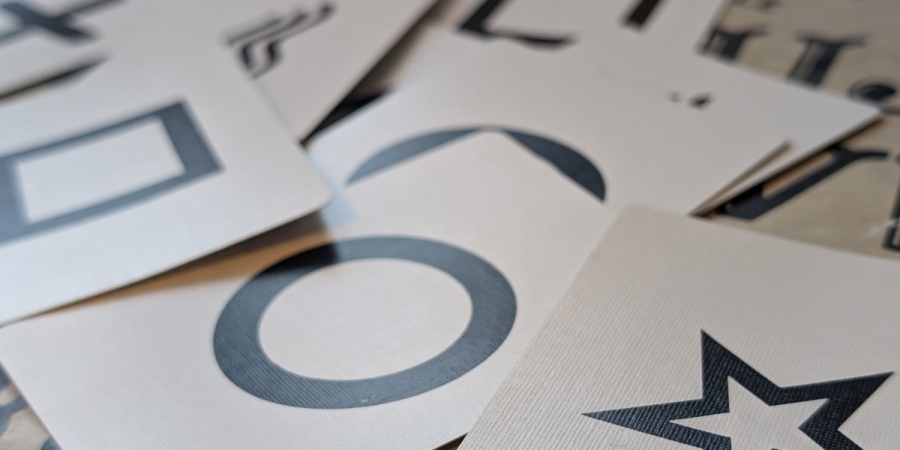

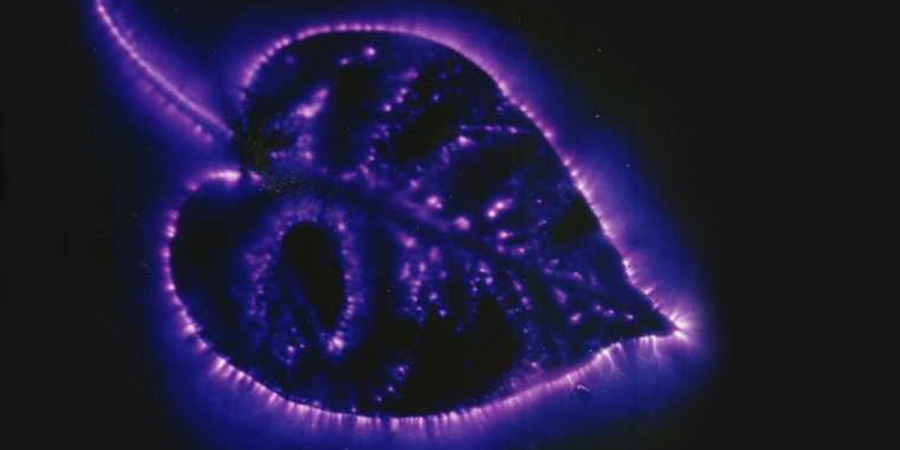


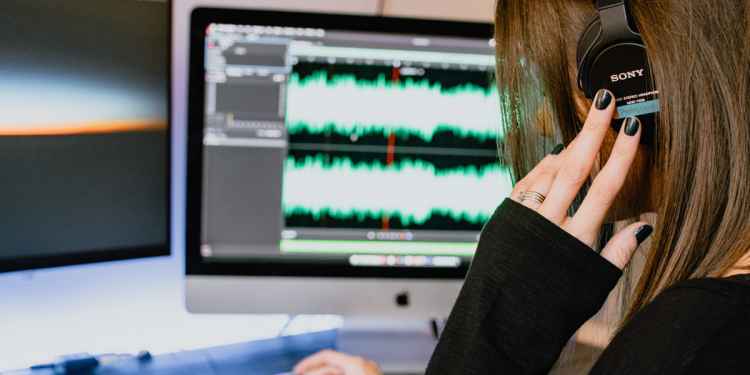
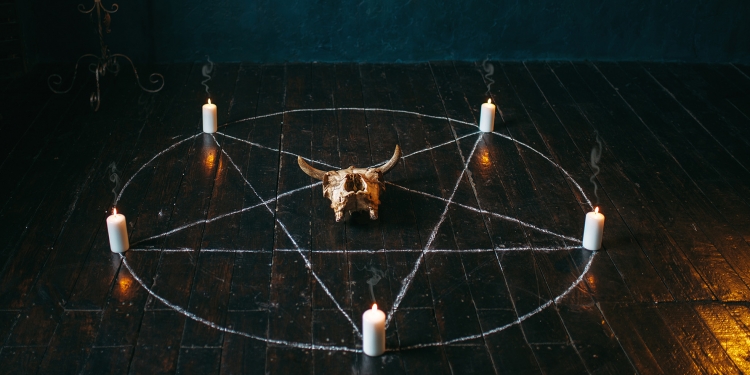
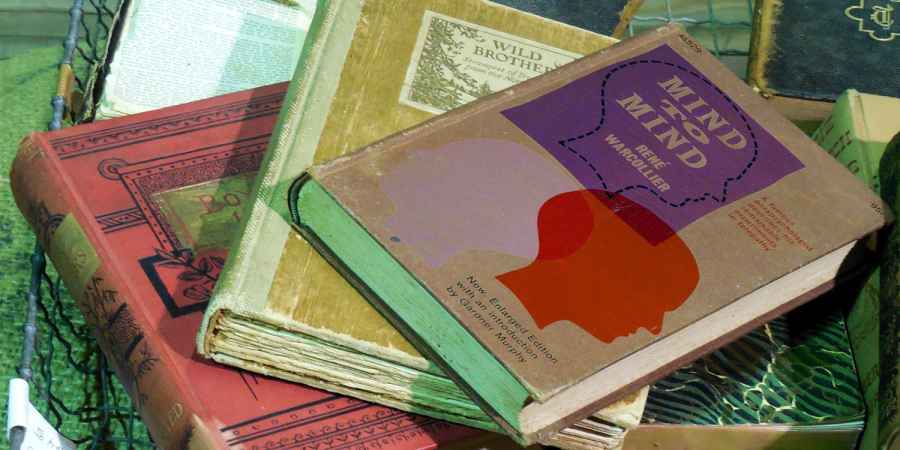
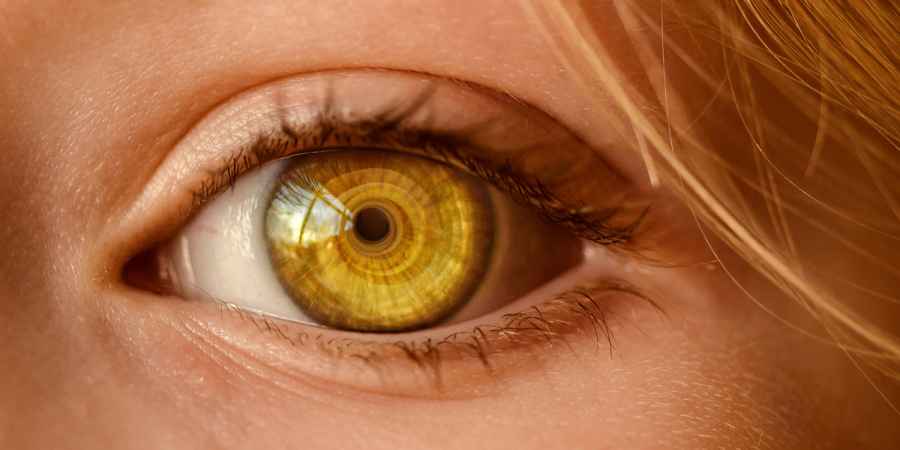
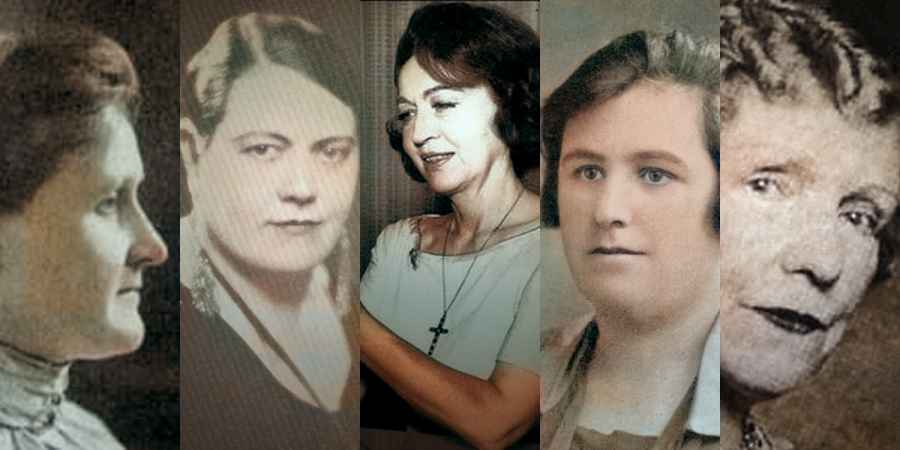

 See More on Audible
See More on Audible




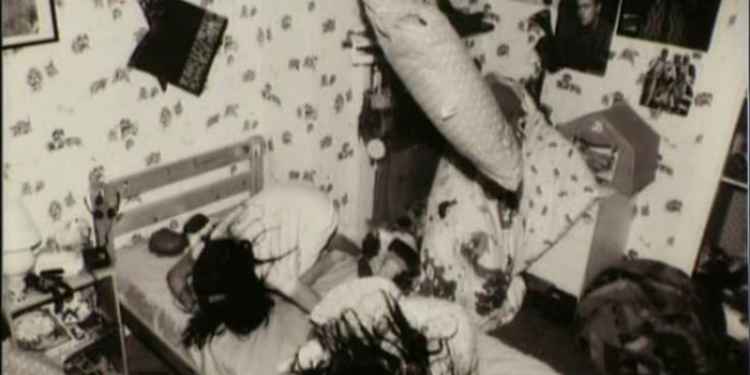

Comments
Want To Join The Conversation?
Sign in or create an account to leave a comment.
Sign In
Create Account
Account Settings
Be the first to comment.